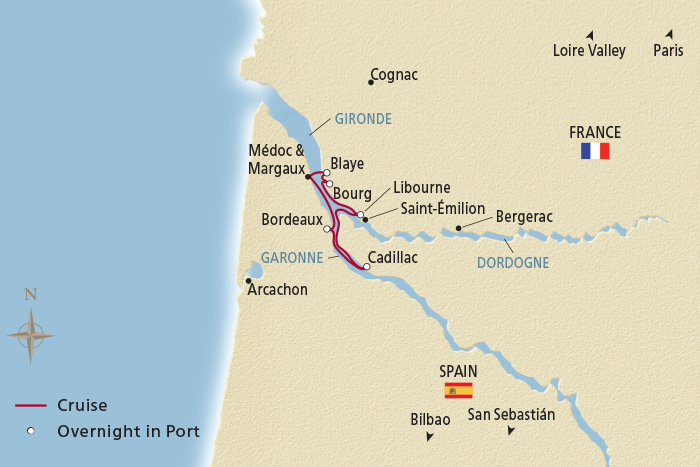Find the River Cruise you’re looking for...
8 Day Viking River Cruise from Bordeaux to Bordeaux 2024
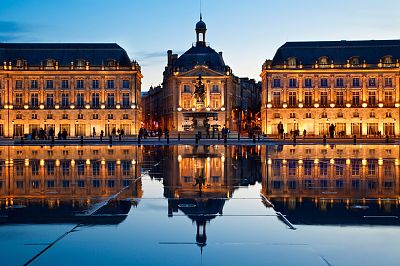
River Cruise Description
Discover the ports, vineyards, farms and forests of Aquitaine, once Europe’s richest kingdom. See Bordeaux’s fountains and cellars. Hunt for truffles in Périgord, and create your own personal blend of Cognac at the Camus distillery. Savor France’s finest oysters fresh from the bay at Arcachon. Sip Saint-Émilion, Médoc and Sauternes in their own “terroir” on an 8-day cruise through Bordeaux—a region synonymous with fine wine and finer living.Thanks for your interest!
We'll be in touch soon.Error
I'm sorry, but an error has occurred. Try Again| Departure Date | Ship | Priced From (per person) | |
|---|---|---|---|
| Nov 10, 2024 | Viking Forseti | Waitlist | Call Us! |
| Nov 17, 2024 | Viking Forseti | Waitlist | Call Us! |
River Cruise Itinerary
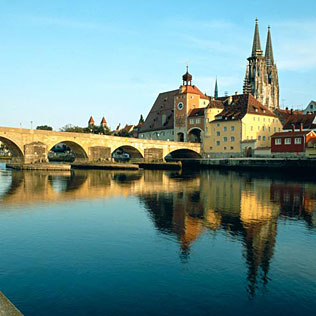
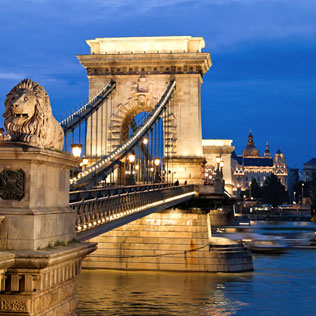
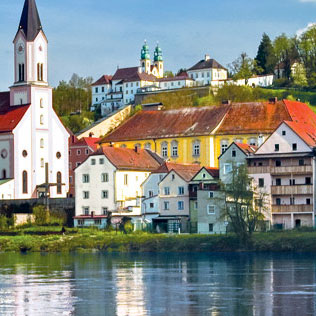
Day 1 Bordeaux, France
Embark your ship and settle into your stateroom.Day 2 Bordeaux, France
Stately mansions, restored houses and grand squares form the heart of Bordeaux’s Old Town, often called the “Port of the Moon” for its location on a crescent-shaped curve of the Garonne River. Among its treasures, the neoclassical Grand Théâtre de Bordeaux is the pride of the city. Another cultural gem, and a national monument of France, is the spectacular Cathedral of St. Andrew. In 1137, Eleanor of Aquitaine wed the future Louis VII in the cathedral when she was 13 years old. The elegant, 17-arched Stone Bridge is favored among the Bordelais for whiling away an afternoon and capturing views over the river, docks and the harbor.Day 3 Cadillac (Sauternes), France
Cadillac was built as a fortified town to protect Bordeaux. Its mighty towers gave watchmen a clear view of the Garonne, and a clear shot should any foe attempt to pass. This charming town and its 17th-century castle retain much of their old-world charm. Cadillac’s locale on the waterway further gave it a central commercial role in the trade route to and from Spain. The name of the town was adopted by Antoine Laumet de la Mothe, Sieur de Cadillac, who later founded Detroit and governed Louisiana; the Cadillac division of General Motors is named for him.Day 4 Libourne, France
Built as a fortified town intended to help colonize the wilderness areas of southwestern France, Libourne has hugged the confluence of the Dordogne and Isle Rivers since 1270. Libourne was founded and named by Roger de Leybourne under the English Crown and King Edward I. Later, the town was caught in the middle of struggles between the French and English in the 14th century; England’s loss was France’s gain when it joined the latter. Today, Libourne enjoys a respected status as a wine-making capital of northern Gironde and hosts one of the area’s largest fresh food markets.Day 5 Bourg, France
The village of Bourg reclines along the Gironde, just beyond the confluence of the Garonne and Dordogne Rivers. Perched on a rocky slope and encircled by medieval walls, it has always had a clear view of ships, friend or foe, heading toward Bordeaux. The citadel in the Upper Town has long kept watch. Pleasant strolls unfold at every corner, from the picturesque alleyways that tumble down to the harbor to the ancient King’s Staircase that provided the royals with quick access to the water. With a rich architectural heritage, it is one of France’s official historic villages.Day 6 Medoc & Margaux Wine Country, France
Cussac-Fort-Médoc is a gateway to the Médoc wine country, home to the famed wine growing villages of Pauillac, Margaux, Saint-Estèphe and Saint-Julien. Collectively, they produce some of the world’s most prestigious wines with four of the five Premier cru classé hailing from the Médoc region; Château Margaux, Château Lafite Rothschild, Château Latour and Château Mouton Rothschild. In addition, there are 60 Grand cru classé vineyards and many more incredible wineries, each offering insight into their rich winemaking heritage that has been passed on for generations.Day 7 Bordeaux, France
Bordeaux’s good fortune began in the 12th century when Duchess Eleanor of Aquitaine married Count Henri Plantagenêt, who soon became King Henry II of England. Their wedding in 1152, which claimed by marriage southwestern France for England, led to a growing popularity in wine production. Claret was the primary style of Bordeaux wine at the time and England imported it in large quantities. France regained control of the region and its vines at the close of the Hundred Years’ War in 1453. Since then, the city and its surrounding region has produced many styles, from simple table wine to the most prestigious and coveted bottles.Day 8 Bordeaux, France
The Garonne River flows through the heart of Bordeaux and has been at the center of the city’s lifeline for centuries. A key port during the Age of Enlightenment, Bordeaux was instrumental in establishing the city as a vital trading merchant of wine and other goods. Perhaps Bordeaux’s most famous square is the Place de la Bourse, commissioned by Louis XV. Reminiscent of the Place de la Concorde in Paris, also built during Louis XV’s reign, its design fulfilled a vision to open the city onto the river, presenting a welcoming and prestigious image to all who passed along the waterway.Having trouble deciding which cruise is right for you?


